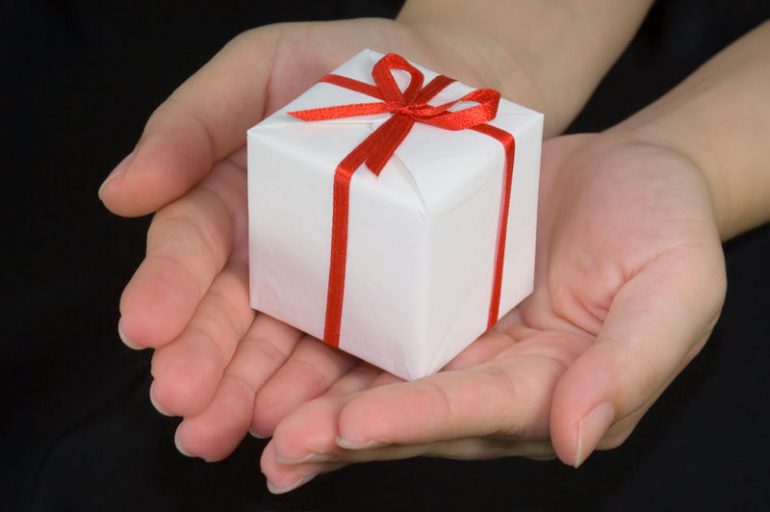Today is Thanksgiving, a day of food, family, some reflection about what we’re thankful for and possibly of some arguing while carving the turkey. All these things are important and should be valued. But, on this joyous day of “thanks,” I want to ponder the second word in our holiday’s name; I want to discuss the act of giving.
One of my favorite childhood stories is Shel Silverstein’s The Giving Tree. The book features a little boy and a tree who develop a lifelong friendship. As the boy grows into adulthood, he continues to visit the tree, and every time he comes, he takes a part of the tree with him. He takes the tree’s branches, her apples and eventually even the tree’s trunk. Every time the tree gives part of itself to the boy, she comments that she is “happy.”
But, by the end of the story, all that remains of the tree is a stump. The boy returns one final time to the tree, and the tree sadly states, “I wish that I could give you something… but I have nothing left. I am just an old stump. I am sorry…” And the old man replies that all he needs at this point is a place to “sit and rest,” something the tree is able to offer as a stump. The tree says she’s “happy,” and the story ends.
We need more people like the tree in this world, people willing to give themselves to others, even to those with whom, at first, they have a limited relationship. The Giving Tree also offers a different lesson: although we must exemplify the generosity of the tree and give endlessly, we also must not allow ourselves to become the stump, giving to the point where we have nothing left to share.
If we raze ourselves and become “stumps,” we can no longer give to those who need our support. The world needs more kindness, and if those willing to give destroy themselves in their own generosity, then the people we need most will be unable to help society.
To avoid becoming the stump, we must surround ourselves with people who can help rebuild us as we give, who add a piece back after one is taken away. We should search for friends who reciprocate endless giving, and to avoid getting hurt, we should avoid zero-sum relationships where neither person becomes invested and the supposed friendship remains superficial.
Indeed, we must also be thankful to ourselves for removing those who no longer contribute to our tree, who tear us down more than anything else. We can see these people for what they are when our relationships with them have deteriorated, but when we care deeply about them, finding the courage to break these bonds can be difficult. There are so many people who need kindness, friendship, attention — at one point or another, we all do. If we tear ourselves down, we will never be able to reach them.
On this Thanksgiving, we should not forget to be thankful for the things often taken for granted: our relationships with family and friends, our ability to thrive, our ability to see the world. But, also remember the second part of the word “Thanksgiving:” consider ways we can give a little bit more, while at the same time, preventing ourselves from giving ourselves out. We all have an incredible privilege to be able to help others, and through relentless giving, we can help to build a more perfect world and a kinder society, one that causes us to feel even more thankful.

